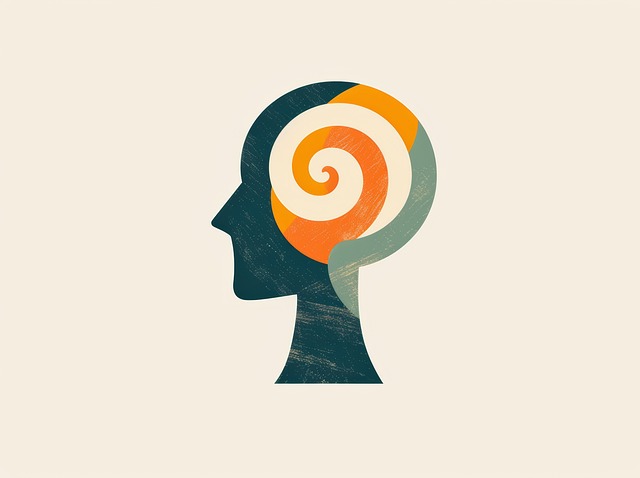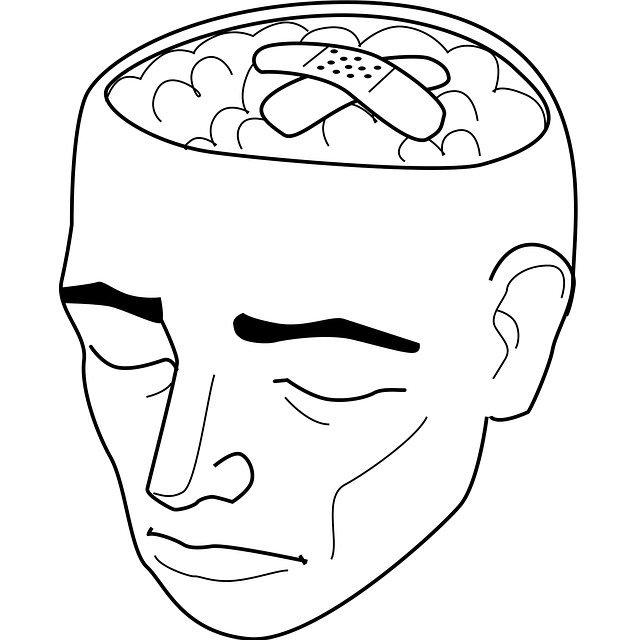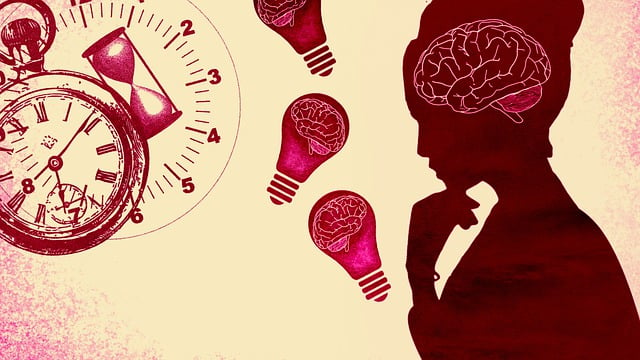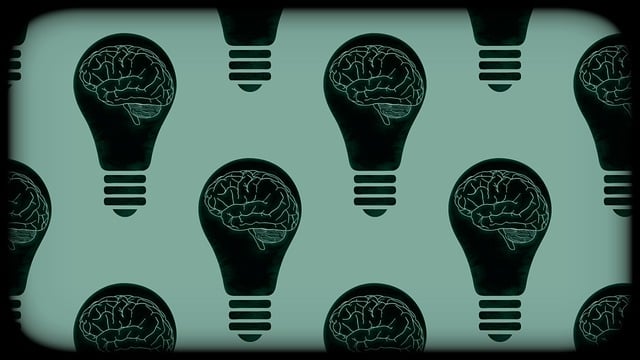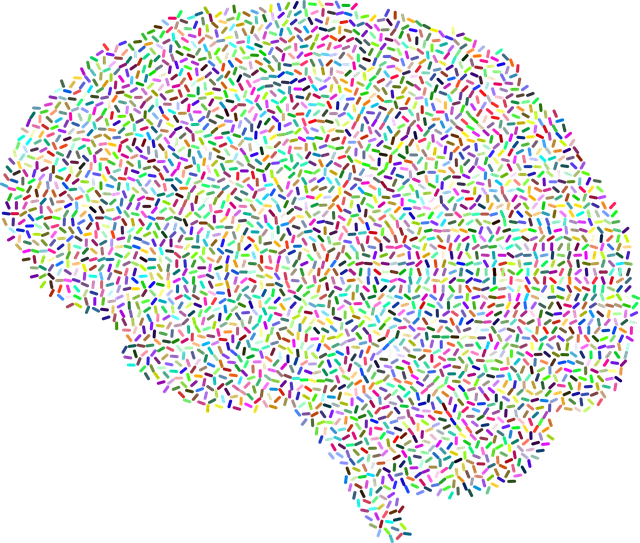Louisville's mental health landscape faces challenges with misdiagnosis of self-esteem issues due to subjective symptoms, cultural stigma, and limited access to specialized services. To enhance diagnostic accuracy, a multi-faceted approach is needed, including improved healthcare infrastructure, positive thinking strategies, burnout prevention, and Mental Health Education Programs for patients and caregivers. Overcoming these hurdles is crucial for effective Louisville Self-Esteem Therapy and improved patient outcomes.
Mental illness diagnosis accuracy is a critical aspect of patient care, yet challenges and gaps persist. This article explores the current state of mental health assessment, highlighting the prevalence of misdiagnosis and its adverse effects on patients. It delves into the limitations of traditional methods and the factors behind diagnostic errors. Introducing Louisville Self-Esteem Therapy, a novel approach that addresses these issues head-on. By combining cutting-edge technologies with specialized training and community engagement, we can enhance diagnostic accuracy, ultimately improving patient outcomes.
- The Current State of Mental Illness Diagnosis: Challenges and Gaps
- – Prevalence of misdiagnosis and its impact on patients
- – Limitations in current assessment methods
The Current State of Mental Illness Diagnosis: Challenges and Gaps

The current state of mental illness diagnosis presents a complex landscape with several challenges and gaps that require immediate attention. Despite advancements in psychiatric research and an increasing awareness of mental health issues, accurate diagnoses remain elusive for many individuals. The multifaceted nature of mental disorders often leads to misdiagnosis or delayed identification, impacting treatment outcomes significantly. One of the primary hurdles is the subjective nature of symptoms, which can vary widely from person to person, making it difficult for healthcare professionals to pinpoint specific conditions.
Moreover, cultural and societal factors play a substantial role in diagnosis. Stigma associated with mental illness often prevents individuals from seeking help, leading to underdiagnosis or misperception of their struggles. In cities like Louisville, where access to self-esteem therapy and other specialized services might be limited, the challenges are exacerbated. Enhancing diagnostic accuracy demands a multifaceted approach that includes improving healthcare infrastructure, promoting positive thinking and confidence-boosting strategies, and integrating burnout prevention measures to create an inclusive and supportive environment for mental health care.
– Prevalence of misdiagnosis and its impact on patients

Misdiagnosis of mental illness is a significant concern within the healthcare system, particularly in Louisville Self-Esteem Therapy areas. Studies show that many individuals struggle with undiagnosed or incorrect labels, leading to delayed access to appropriate treatment and support. This issue has profound implications for patients’ well-being and recovery trajectories. When left untreated or mismanaged, mental health conditions can worsen, impacting daily functioning and overall quality of life.
Efforts to enhance diagnosis accuracy focus on various strategies, including improved training for healthcare professionals in recognizing subtle symptoms, integrating advanced assessment tools, and promoting Mental Health Education Programs Design that empower both patients and caregivers with coping skills development. By addressing misdiagnosis, Louisville Self-Esteem Therapy centers can initiate more effective emotional healing processes, ultimately leading to better patient outcomes.
– Limitations in current assessment methods

The current assessment methods for mental illness often fall short due to their lack of personalization and context-specificity. Many traditional diagnostic tools rely heavily on self-reported symptoms, which can be influenced by personal bias or a patient’s willingness to disclose certain struggles. This is especially challenging when dealing with nuanced conditions that may present differently across individuals, such as anxiety disorders or depression. In Louisville, for instance, where Self-Esteem Therapy is prevalent, a one-size-fits-all approach might not adequately capture the unique experiences of each client.
Moreover, these assessment methods often fail to consider the broader social and cultural factors that can significantly impact mental health. A thorough Mental Health Policy Analysis and Advocacy is crucial to understanding the systemic barriers that contribute to misdiagnosis or underdiagnosis. By incorporating Empathy Building Strategies and Stress Reduction Methods into the evaluation process, healthcare providers can gain deeper insights into a patient’s emotional state and environmental influences, thereby enhancing diagnostic accuracy.
Mental illness diagnosis accuracy is a critical aspect of patient care, and efforts to improve it are vital. By addressing the challenges and limitations outlined, including enhancing assessment methods and reducing misdiagnosis rates, healthcare professionals in Louisville can provide more effective treatments, such as self-esteem therapy. This approach will ultimately lead to better outcomes for patients navigating their mental health journeys.


